Is your pet's environment toxin free?
In 2010 alone, the Animal Poison Control Center (APCC) — a branch of the American Society for the Prevention of Cruelty to Animals (ASPCA) — received over 167,000 calls about pet poisoning. Just last week, the organization released a color-coded map identifying the most common pet toxin by state.
In most poisoning cases, the hazardous substances animals come into contact with are common household products, ranging from over-the-counter medications to cleaning supplies. Because humans safely interact with these substances every day, it's easy to overlook the fact that they can seriously harm our beloved fur babies.
According to Interdisciplinary Toxicology, over 90% of pet poisonings occur inside the home and are accidental, usually caused by an animal's sudden ingestion of a toxic substance. This means that roughly nine out of 10 poisonings could have been prevented had the owners only been more prepared and aware of potential hazards.
Are there any hidden toxins lurking in your home?
The first step to preventing every accident is educating yourself about all possible risks. Scroll through the list below to learn what toxins are posing the greatest threat to pets today, then find out which type of poison is the most problematic in your home state.
Do you know of any other substances that are unhealthy for our furry friends? Let us know in the comments, then please SHARE this animal safety message with your pet-loving friends on Facebook.
Note: If you are worried that your pet may have consumed a toxic substance, get in touch with your veterinarian immediately or call the APCC at (888) 426-4435. For a more comprehensive list of possible poisons, scroll through this database compiled by the Pet Poison Helpline.
Thumbnail Photo: Flickr / L.C. Nøttaasen
1. Bromethalin Rat Bait
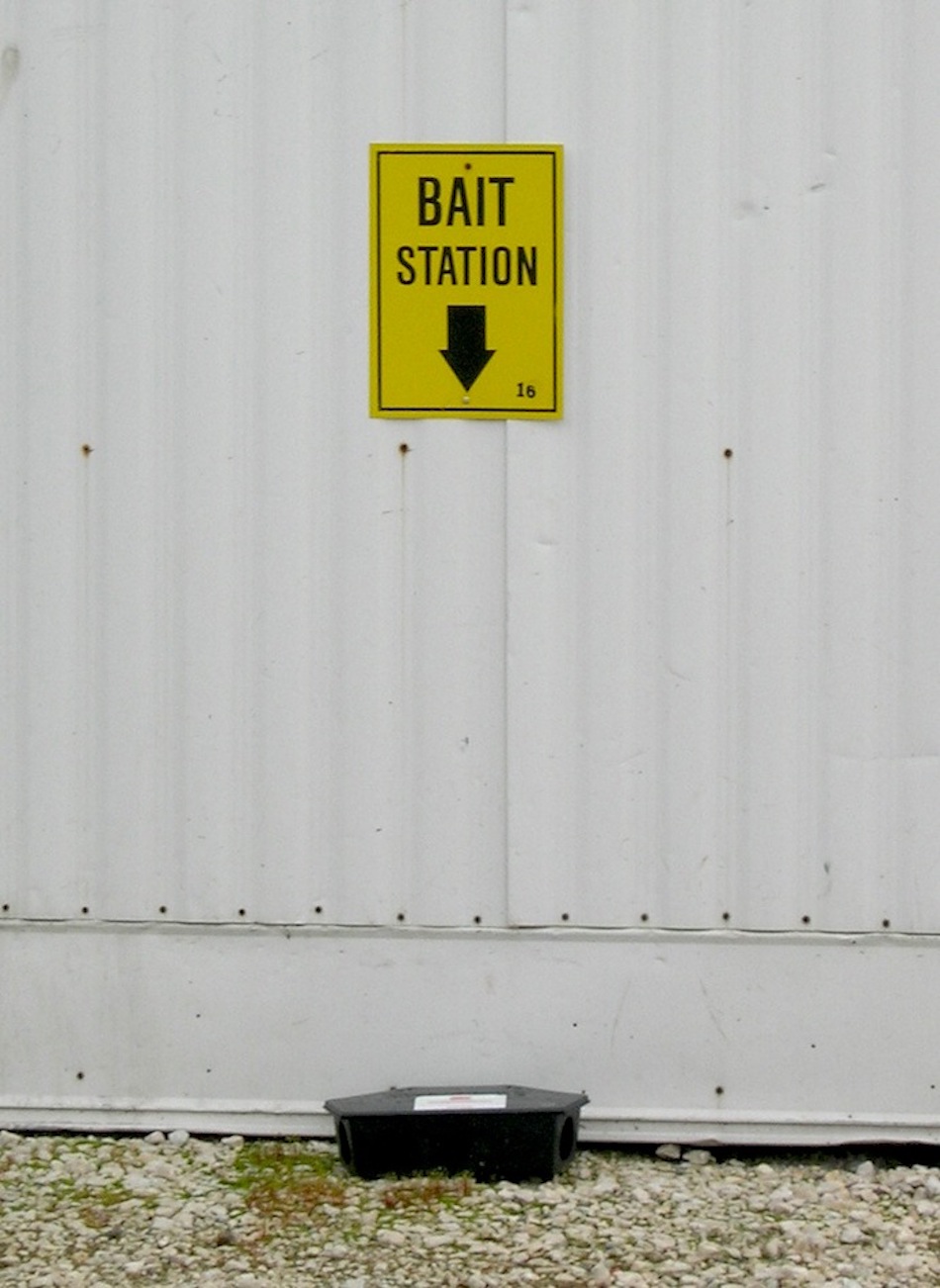
Top affected states: California, Colorado, Florida, Iowa, Indiana, Louisiana, Michigan, Minnesota, Nevada, New Mexico, Oregon, Rhode Island, Texas, Vermont, Washington, West Virginia, Wisconsin
Bromethalin is a rodenticide, a toxic substance manufactured to kill rats and mice. The fast-acting neurotoxin causes immediate damage to the brain and liver, and even the seemingly smallest amount can prove lethal for pets if ingested.
To prevent poisoning, avoid setting toxic rodent traps in your home. Additionally, monitor your pets so they don’t consume potentially poisoned rodents outdoors.
2. Ibuprofen
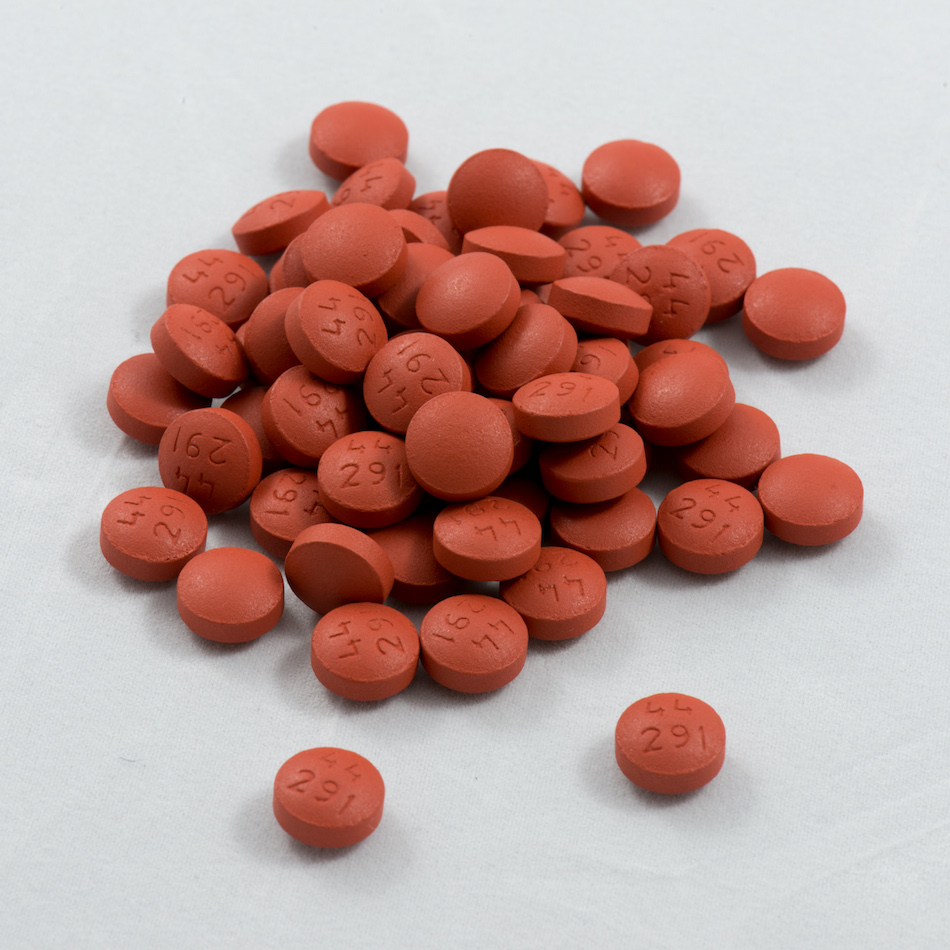
Top affected states: Arizona, Delaware, Georgia, Illinois, Maryland, Massachusetts, North Carolina, Ohio, South Carolina, Tennessee
Ibuprofen is a non-steroidal anti-inflammatory drug (NSAID), most commonly used by people to relieve headaches, pain, and swelling. Although this drug is commonly consumed by humans, its ingestion can mean kidney failure, severe stomach ulcers, seizures, and even death for pets.
To avoid potential poisonings, ensure that all medications are stored out of your pets’ reach, and never give your animal drugs unless previously prescribed by a veterinarian.
3. Chocolate

Top affected states: Connecticut, Hawaii, New Jersey, New York, North Dakota, Pennsylvania, Utah, Virginia
All pet owners love spoiling their fur babies with yummy snacks. However, chocolate should never be one of them. According to PetMD, the caffeine and theobromine in chocolate are what make the sweet treat lethal for pets. Ingestion can cause muscle rigidity, vomiting, and cardiac failure.
Be sure to always store your chocolate in safe, out-of-reach spaces, and never intentionally feed the substance to your pet.
4. Anticoagulant Rat Bait
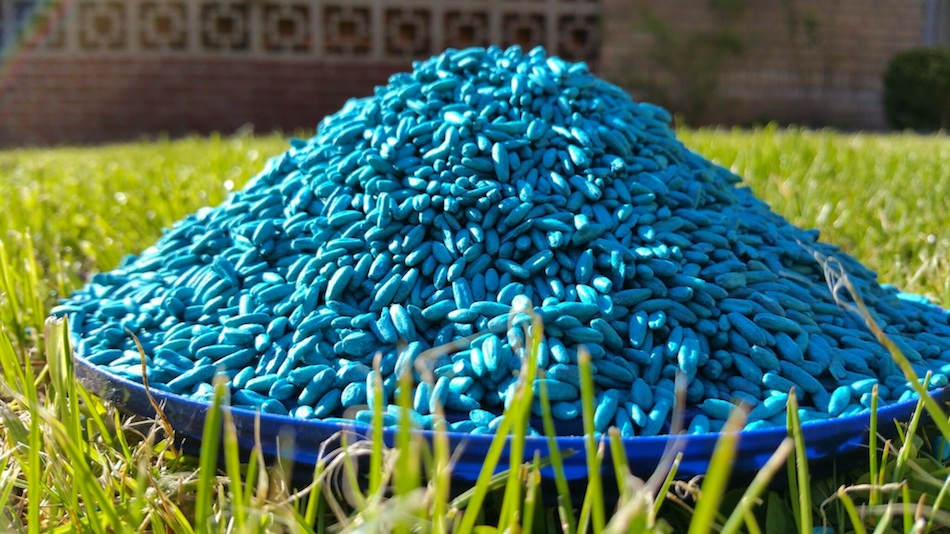
Top affected states: Arkansas, Idaho, Kansas, Kentucky, Mississippi, Missouri, Oklahoma, Wyoming
An anticoagulant is a chemical substance engineered to prohibit blood clotting. According to PetMD, accidental ingestion by a pet can lead to “spontaneous and uncontrolled bleeding.”
You can prevent poisoning by simply avoiding the use of this rodenticide in your home. Also, familiarize yourself with the warning signs of poisoning (blood in stools, labored breathing, and general wobbliness) in case your pet comes into contact with the substance elsewhere.
5. Topical Flea Products
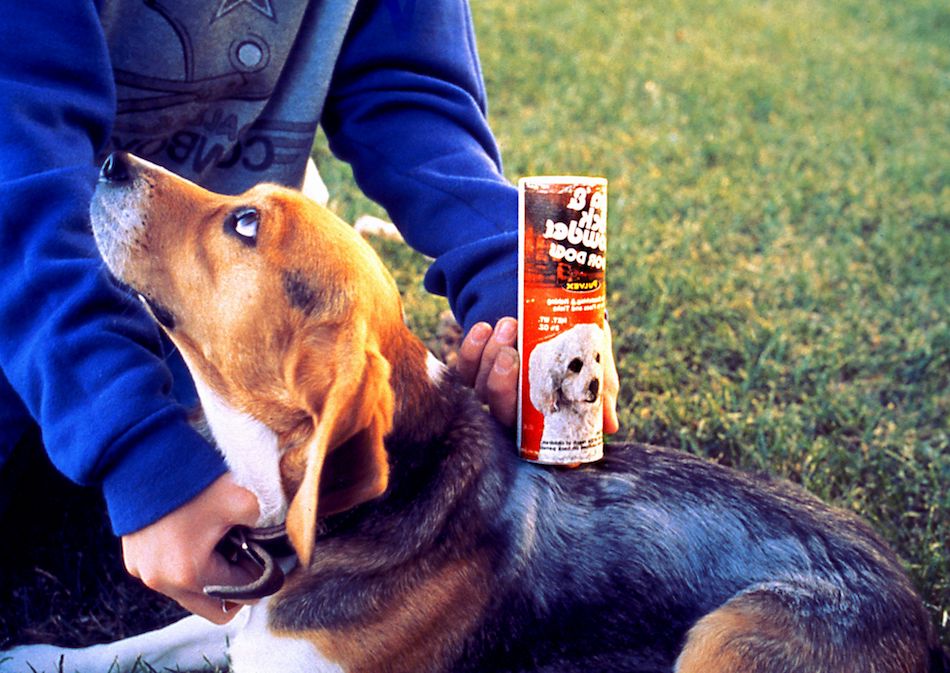
Top affected state: Montana
Topical flea medications can take many forms, ranging from powders and dips to sprays and spot-treatment creams. Although these products are extremely effective at warding away fleas, over-application or ingestion can cause an overdose of pyrethin, a common insecticide.
To prevent poisoning, only apply topical medications as instructed. Keep the medication in a secure place, and familiarize yourself with warning signs of overdose, just in case.
6. Oral Flea Medication
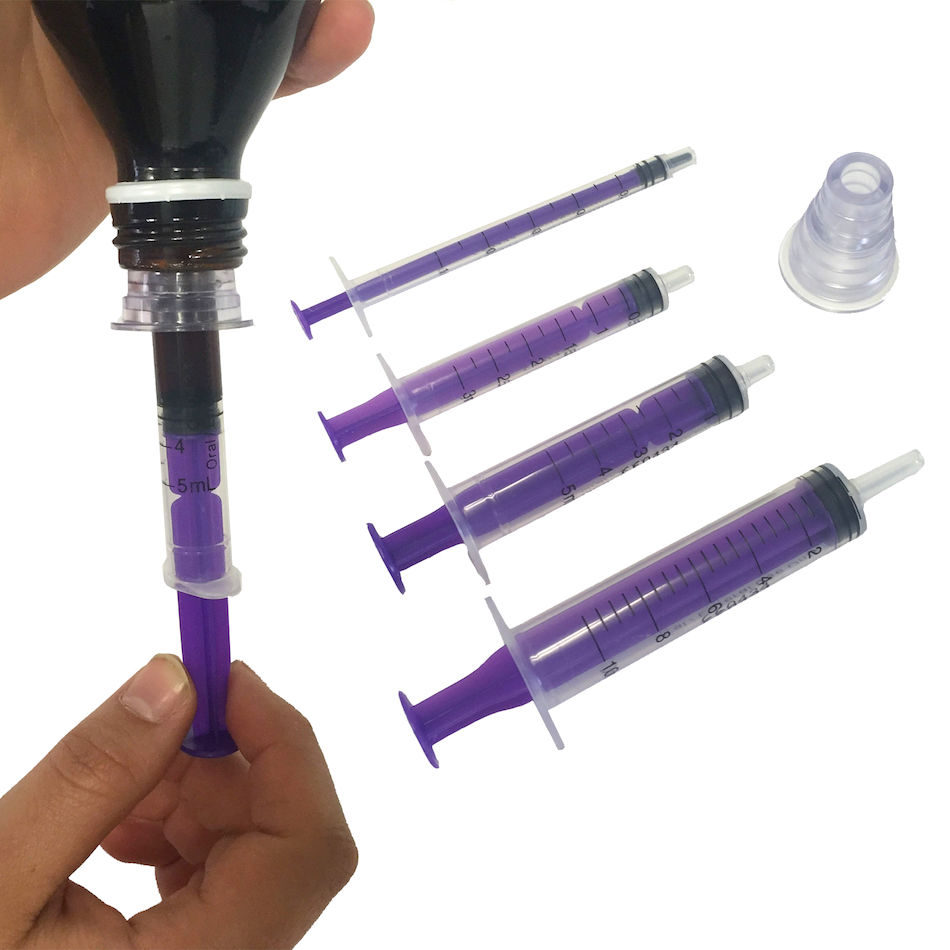
Top affected state: Alabama
Much akin to topical flea products, oral flea medicines for pets are teeming with pyrethin. Oral medications also contain pyrethoid, a synthetic insecticide whose excessive ingestion can seriously impair your pet’s nervous system.
Know the warning signs of overdose, including allergic reactions, diarrhea, and muscle tremors. Never administer more of the medication than directed, and be sure to always store the medicine in a safe spot.
7. Fertilizer

Top affected state: Alaska
According to Pet Poison Hotline, ingredients such as nitrogen, potassium, and phosphorus are what make fertilizers toxic for pets. These chemicals are not only harmful when ingested, they can be damaging if they come into contact with an animal’s skin or mucus membranes.
Although many cases of fertilizer poisoning go away after a few days with proper treatment, some incidents of ingestion can result in serious medical issues, including kidney and liver damage, seizures, and death.
To avoid fertilizer poisoning, abstain from applying the substance in your pet’s direct environment. If you absolutely must use fertilizer, keep your pets clear of the area.
8. Ivermectin
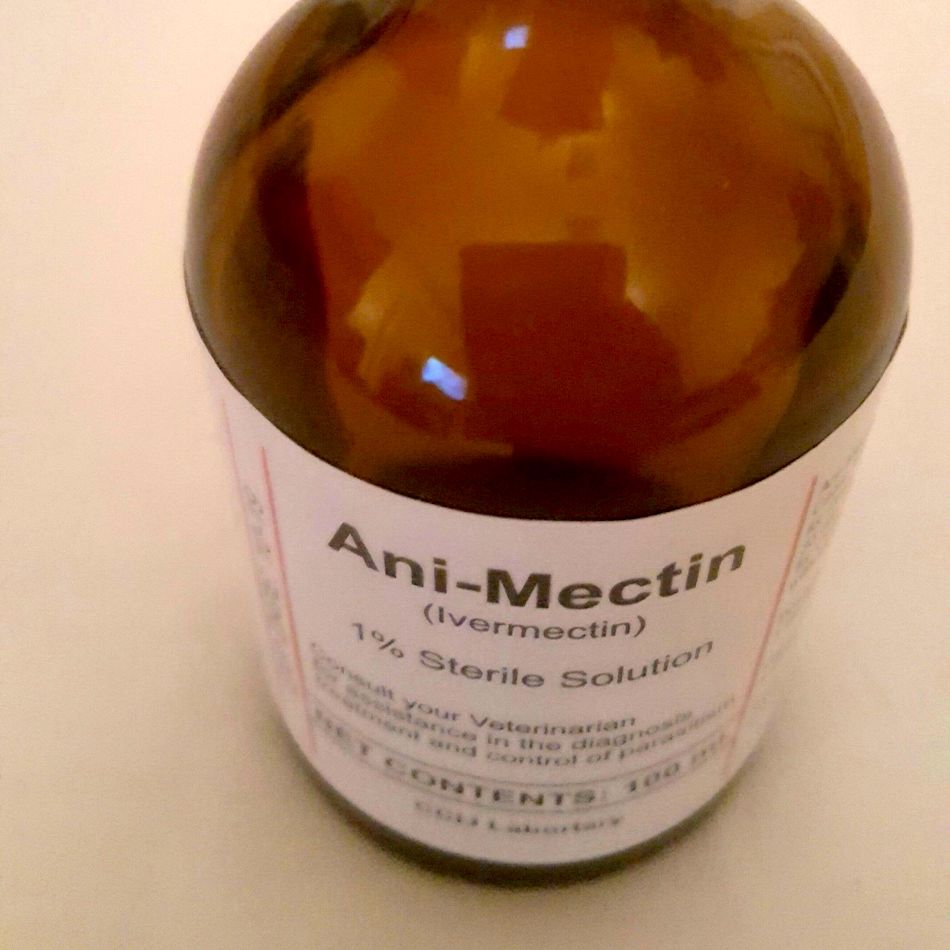
Top affected state: Maine
Ivermectin is an anti-parasitic drug, used most commonly to fight against heartworm or eliminate mites. The medication — which may be applied orally, topically, or via injection — can prove deadly in instances of overdosage.
According to Vetary, pets can also experience poisoning if they have inherited MDR1, a genetic mutation common in dog breeds such as sheepdogs, collies, and shepherds.
If you own one of these breeds, be sure to consult with your veterinarian before giving your pet a dose of the drug. Always follow medication instructions to a T to avoid the risk of overdose.
9. Permethrin
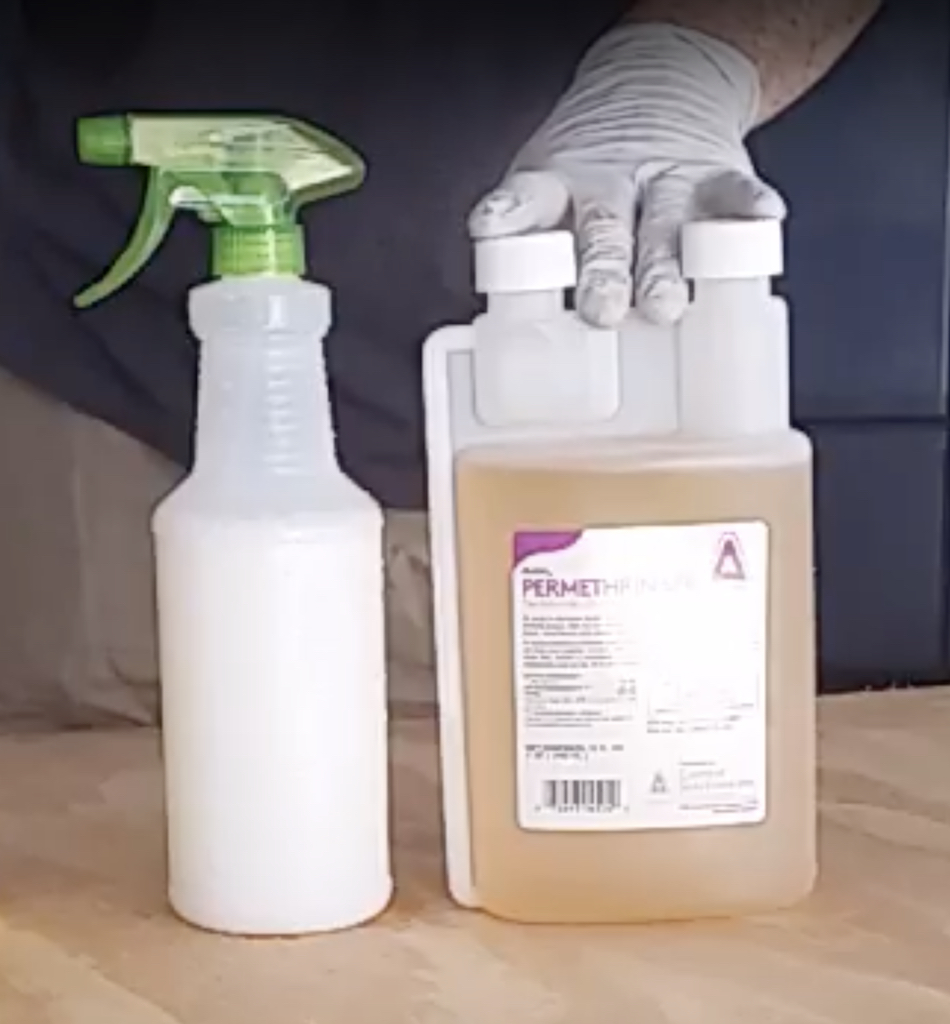
Top affected state: South Dakota
Permethrin, a synthetic insecticide that attacks bugs’ nervous systems, can be harmful to pets if administered in excessive amounts. The chemical is most commonly encountered in flea medications.
According to the National Pesticide Information Center, permethrin ingestion can actually be more detrimental for cats than dogs, considering it takes more time for their small bodies to break down the chemical.
Warning signs for permethrin overdose include drooling, vomiting, and lethargy. Prevent overdose by reading all medication instructions carefully and keeping the chemicals out of your pet's reach.
10. Xylitol
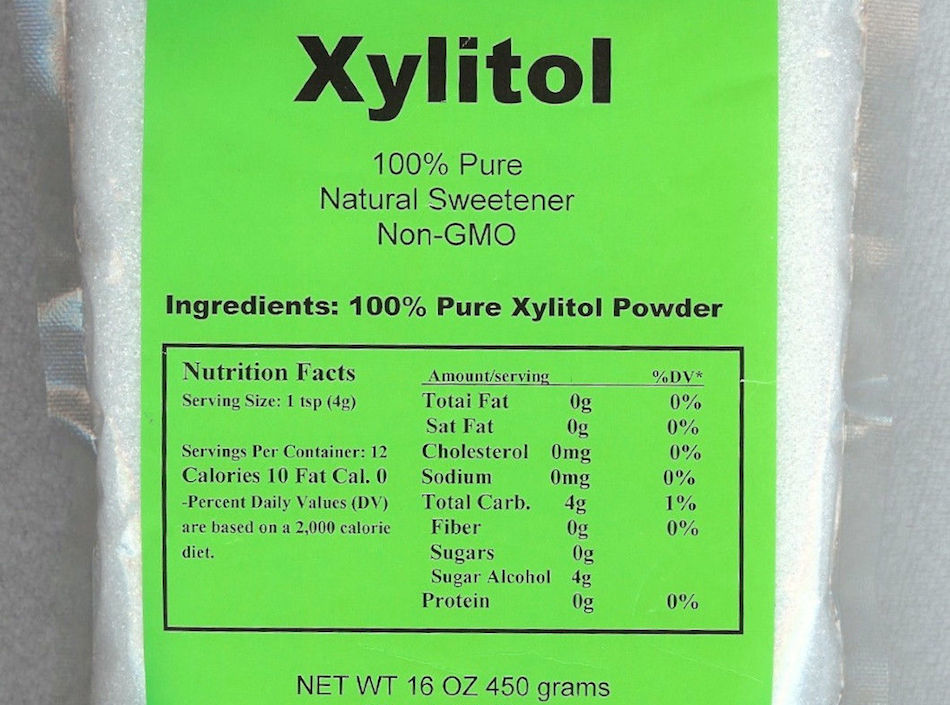
Top affected state: New Hampshire
Xylitol, a naturally occurring substance, has emerged as one of the leading sugar substitutes in the modern world. The sweetener is ground into a fine white powder resembling sugar.
Although the sweet taste of xylitol may be appealing to humans, even the tiniest amount of the powder can be deadly to pets when ingested, prompting a rapid decline into hypoglycemia.
To avoid a severe reaction, never feed the substance to your pets and always store it securely. For best protection, bypass purchasing food items sweetened with the powder.
11. Vitamin A Supplements
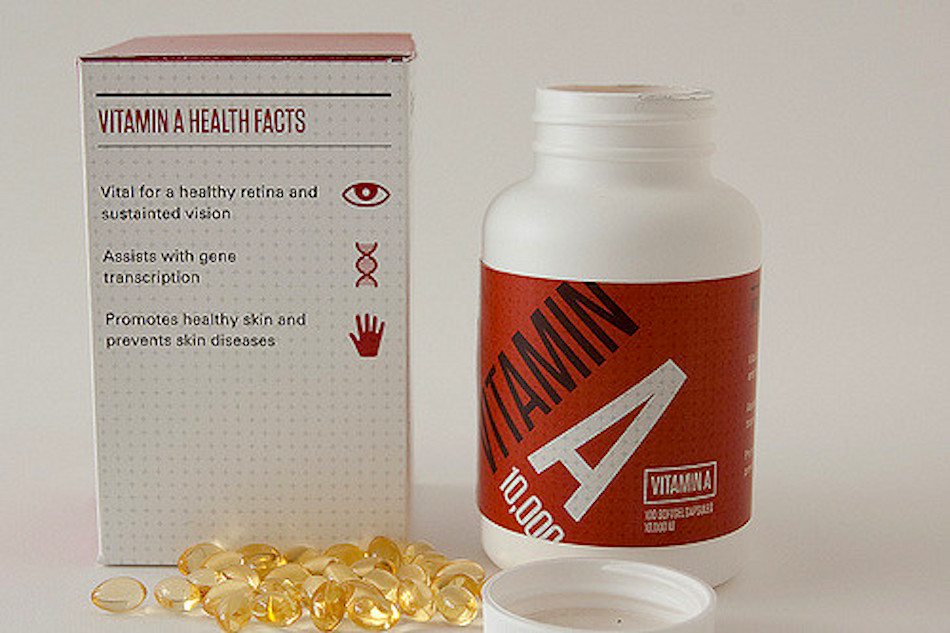
Top affected state: Nebraska
Vitamin A is healthy for your pet in controlled amounts, helping regulate nerve function and coat growth. According to VetInfo, however, ingesting too much of the fat-soluble antioxidant vitamin can cause your pet to develop bone spurs or limb stiffness.
Don’t let your furry friends get into your stash of supplements. Prevent poisoning by placing all pill bottles in closed, elevated cupboards. You can also avoid overdose by not feeding your pet excessive amounts of liver.
If you care about pet safety, please SHARE this informative article with your friends on Facebook.




